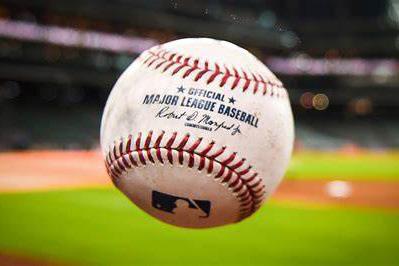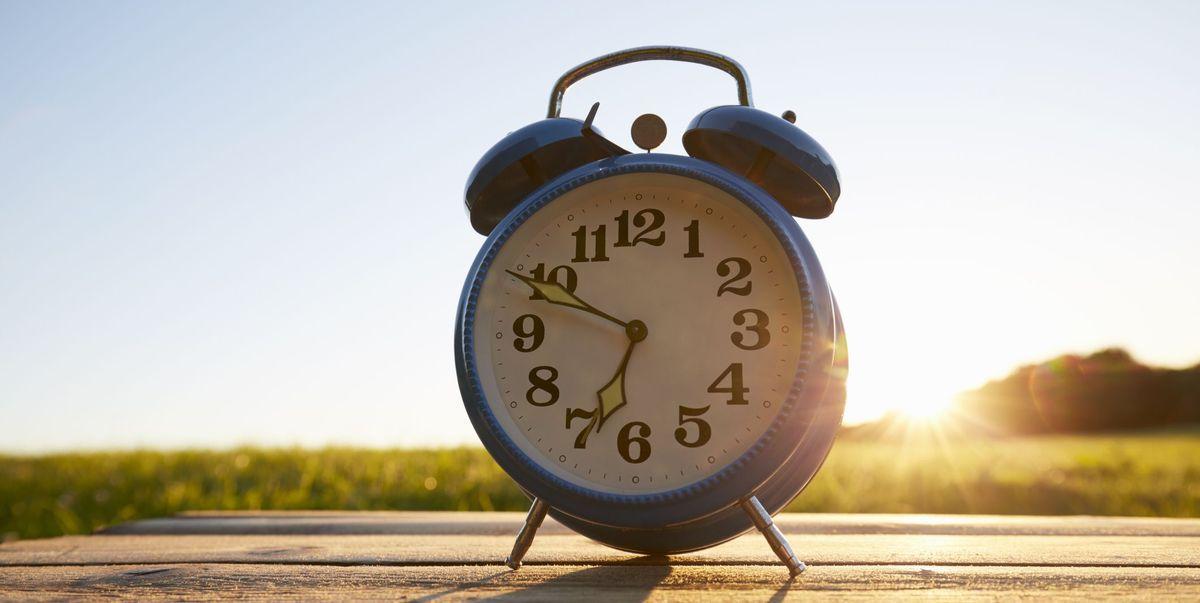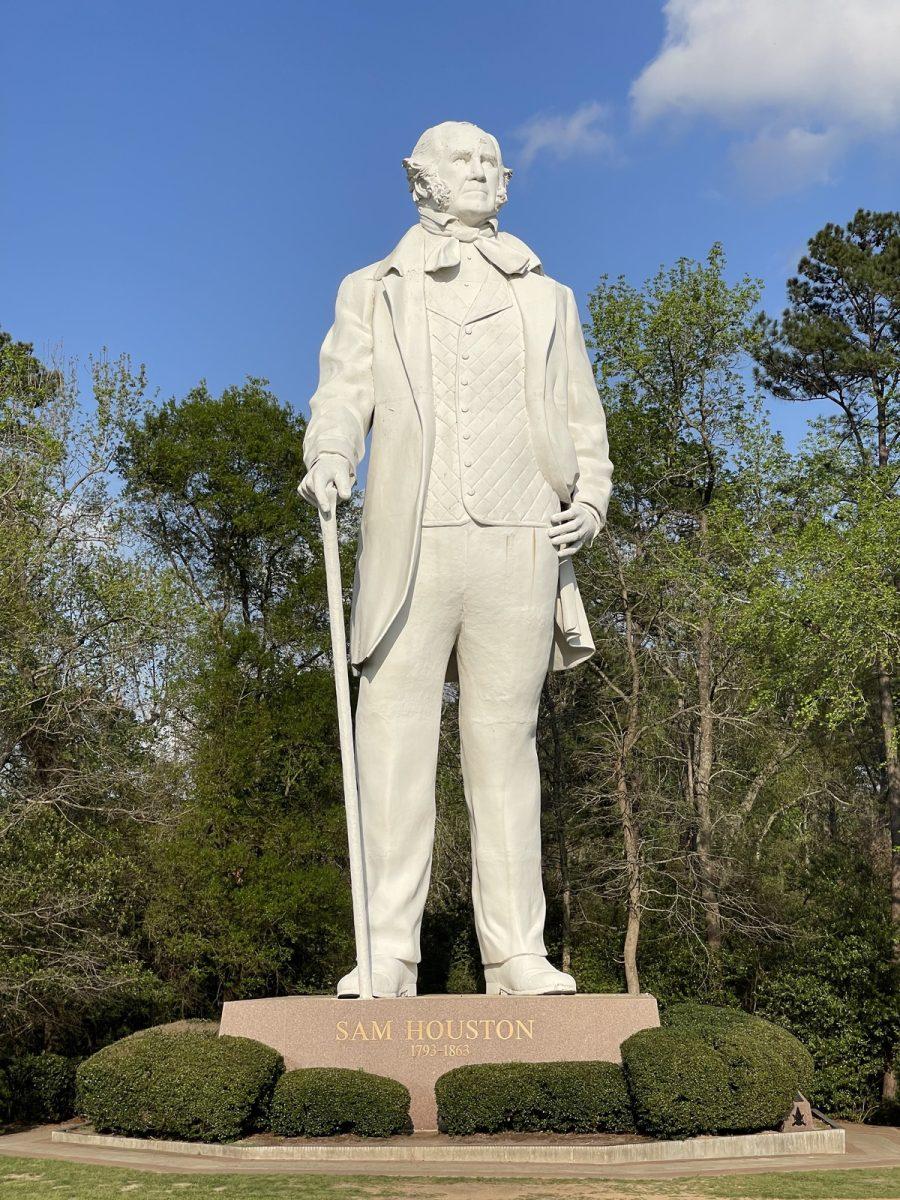Major League Baseball is changing the game—and not in a good way.
MLB and the MLB Players Association recently agreed to a deal that will put new rules in place. A couple of these rule changes may prove to be homeruns (only time will tell), but most of them should annoy baseball fans more than bases-loaded walks.
Let’s begin with the rules that will affect the regular season. The first one deals with the trade deadline and will be effective this season. July 31 will now be a hard deadline for trades, with those rare but impactful August waiver trades no longer having a place in baseball.
While major August transactions are not a regular part of the game, they often had some of the biggest impacts on the postseason. In 2017, the Houston Astros arguably only won the World Series because of their late-season acquisition of Justin Verlander—who made 10 starts in August, September and the postseason, went 9-1 with a 1.66 ERA before claiming the ALCS MVP award. Had this rule been changed three years ago, Houston would likely still be chasing their first championship.
2020 will bring the majority, and the worst, of the changes. Batting leadoff in our lineup of rules is the expansion of active rosters from 25 to 26. I fully support this move, especially since MLB has increased players’ minimum time on the Injured List or in the minors from 10 games up to 15. Instead of a team sending down a reliever that is tired from a multiple-inning outing, managers will now already have that extra 26th guy on the roster. As quickly as Commissioner Rob Manfred and the MLBPA did something right, though, he cut teams off at the knees come Sept. 2020, where rosters from here on out can only be expanded to 28 players.
The era of a plethora of young talent getting a cup of coffee in the pros every September is over, so a message to GM’s—choose your two best prospects wisely.
Here is the moment I’ve been waiting for. Please allow me to tear into the new “three-batter rule,” where every pitcher must face a minimum of three hitters before exiting the game. The only people that are less happy about this rule than I am are the Tony Sipp’s of the world—the specialists that get paid the big bucks to get one guy out. That job no longer holds any value, if it is even really a job any more.
Guys like Chris Devenski and Jeremy Jeffress that can go multiple innings and retire both right and left-handed batters just became the most valuable weapons in a bullpen. MLB simply went too far with this rule change for many, many, many reasons. It changes the way the game is managed, the way bullpens are built and the strategy of lefty/righty matchups.
There are other rules that will be in effect for the Midsummer Classic. If an All-Star Game goes into extra innings, each half inning will now begin with a runner on second base to attempt to speed up the scoring in extras. If an All-Star Game is tied after nine frames, the correct course of action is to simply end the game since it no longer holds any definitive meaning after the 2017 rule change about World Series home field advantage was executed.
The worst part of this rule is that the runners will be position players that previously exited the contest, meaning when Mookie Betts plays four innings and exits the game, he can’t get comfortable, kick back and just enjoy the experience. No, sir. Keep your helmet close by, young man. You may need to be a designated base runner in a couple hours. How absurd.
Finally, the other change increased monetary incentives for Home Run Derby participants, including a $1 million grand prize for the winner. This kind of seems outside the lines of “rule changes,” but it is a change nonetheless—and not a bad one. I am more than okay with MLB trying to get bigger bats to participate in the competition by greasing some palms.
The rule changes are a lot to take in, and will certainly take some getting used to. I personally have little issue with the pace of play in baseball, but I understand Manfred’s desire to minimize game times. There are other alternatives, though, that do not involve changing the essence and strategy of the sport
Bottom line, I think these rule changes that MLB thought were going to be a grand slam are going to end up never making it out of the batter’s box.






